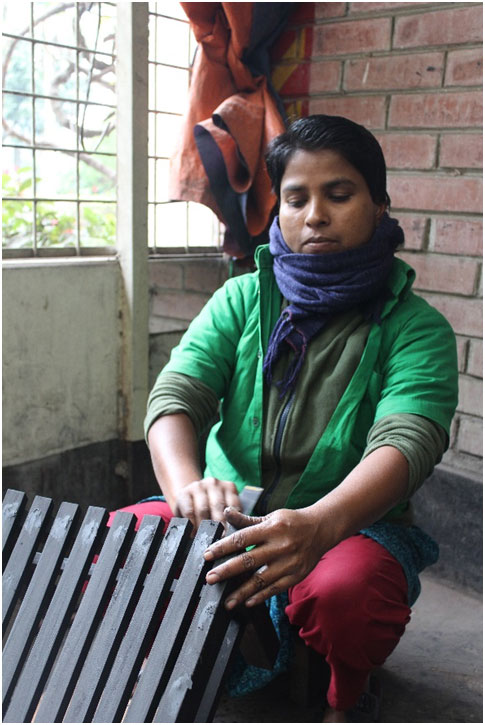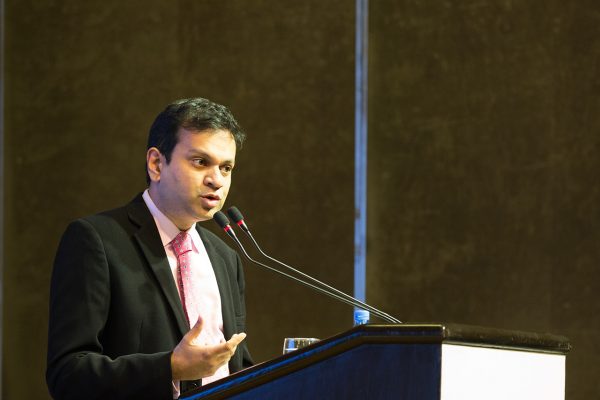Reading Time: 2 minutes
When you meet Fatema, ‘transvestite’ is not the word that immediately comes to mind. But that is how she is referred to by colleagues and strangers alike. She prefers to wear shirts instead of covering herself with a dupatta (scarf) and wears her hair short.In Bangladesh her behaviour goes beyond most peoples’ social expectations regarding gender.
When you meet Fatema, ‘transvestite’ is not the word that immediately comes to mind. But that is how she is referred to by colleagues and strangers alike. She prefers to wear shirts instead of covering herself with a dupatta (scarf) and wears her hair short.In Bangladesh her behaviour goes beyond most peoples’ social expectations regarding gender.
Fatema says she should be referred to as apa (sister); she is a woman, but she sees herself as on the same level as a man. Even though some may view her behaviour as hardly radical, it still affects how she is treated within her community. However she does not allow judgment to affect her decision to be herself.
As a child she remembers always acting like a typical tomboy. Fortunately, her parents were always encouraging her to act the way that made her happy. However, after the death of her father, her brothers threw her out of the house. Her mother, unable to cope with the loss of her daughter, followed her. That was when Fatema set about searching for work to keep herself and her mother out of poverty.
Fatema works at one of the Ayesha Abed Foundation’s (AAF) production centres under Aarong.The centre manager provided Fatema with work 15 years ago, after sending her to Dhaka to receive wood-work training. She prefers to work in the wood section despite it being a heavily male-dominated line of work in Bangladesh.
Fatema said she would never marry, having observed the cruelty that husbands can inflict on their wives. When she was younger, she saw her sister being brutally treated on numerous occasions by her husband.Now, at 35 years old, she says she keeps an eye out for vulnerable women, especially wives. If she hears arguing or anything suspicious arising around her, she goes to seek the cause of the commotion instantly to ensure that no women are being mistreated.
Sometimes Fatema still faces daily troubles due to her gender identity; name-calling and criticism for riding a bicycle are frequent. However, instead of buckling under harsh words, she turns her frustration into hard work. She has even influenced some of the other girls who work at the centre to dress like she does.
Paving the way for redefined gender roles in her community is truly a brave feat. She has now come to consider the AFF centre as her family, helping foster her growth both as a person and an artisan. “It has provided me with economic ability and security,” she says. “My life has been transformed for the better.”
Heidi Lowe is an intern at Aarong.






